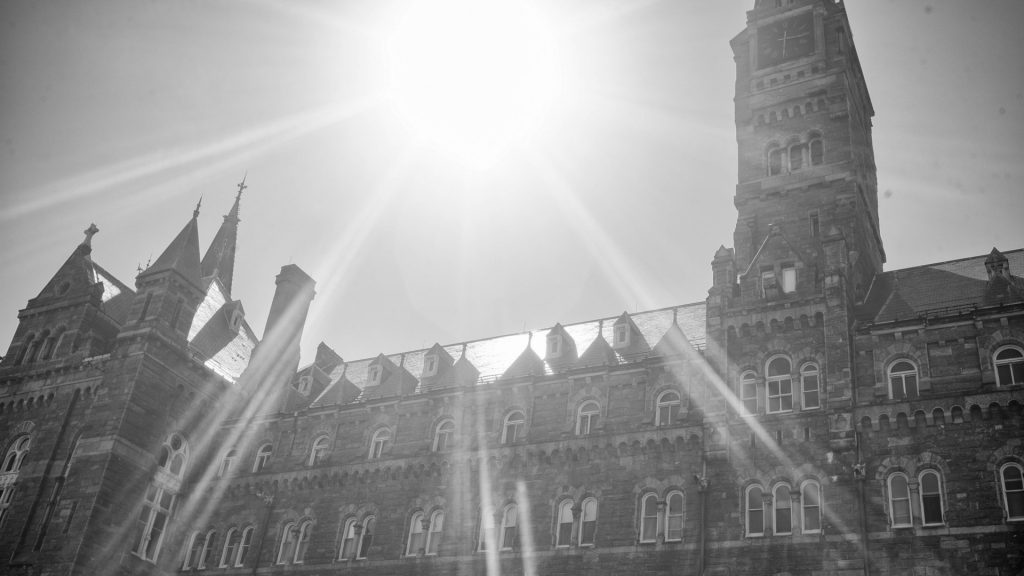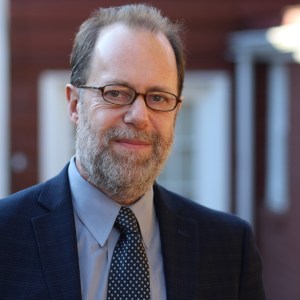
Divesting From What Was, Investing in What Might Be
Students successfully mobilized to pressure Georgetown University to divest from fossil fuels. What comes next?
Students successfully mobilized to pressure Georgetown University to divest from fossil fuels. What comes next?


